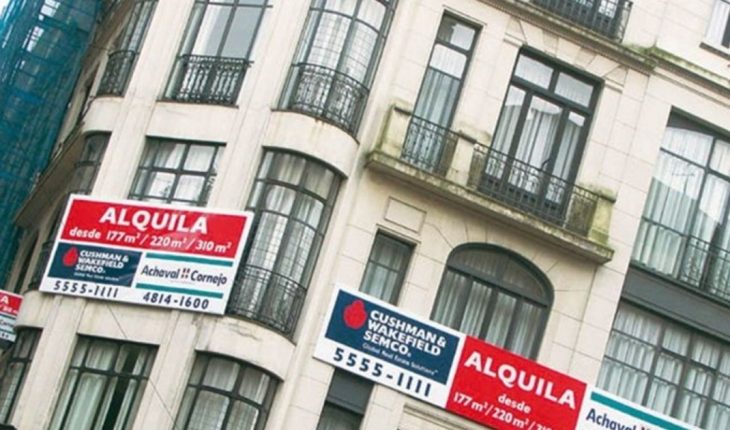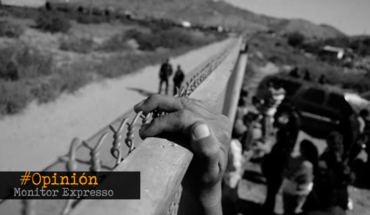July marked one year since the passage of the new Rental Law. During this month, rents had their first annual increase under the new update formula — the ICL index, composed of inflation and wages — which was applied to those who had signed their contract in July 2020, a year ago. For its part, for the month of August it is anticipated that the update rate — which will correspond to those who signed their contracts in August of last year — will be between 46% and 48%, according to a report prepared by the Habitat board of the Pensar Foundation, the public policy center of the PRO.
In this regard, annual increases are between 41% and 45% during July 2021. Since the foundation, they pointed out that a household that paid $25,000 will pay $35,750 in August. “As an example, this at a salary of $80,000 means an increase of 13.4 percentage points, from 31.2% to 44.6 percent. It is clear that it implies a great budgetary difficulty for any Argentine to face these levels of adjustment from one month to the next,” they said. In addition, the report noted that Argentina’s young population represents 42% of the country’s tenants. In total, some 2.4 million households rent. This represents 18% of the national total. If a deeper breakdown is made, rents are mainly concentrated in urban centers: the city of Buenos Aires and the province of Buenos Aires contribute 50%, while another 20% is in Córdoba, Santa Fe and Mendoza.
“Overall, 4 out of 10 households are inhabited by young people, i.e. they are run by a person under the age of 35. In turn, within the young segment, most access housing through rent,” the report said. In the City of Buenos Aires, 70% of young people rent, as opposed to 35% of adults (between 35 and 65 years old) and 14% of those over 65.
According to the report, during 2020, in the midst of the pandemic, the cost of rent increased “significantly”, when for almost decades its increases never exceeded that of inflation. At the beginning of 2020, for example, an average renting household in the city of Buenos Aires spent about a third of its income on paying rent; today it allocates 42%.
On this note:





